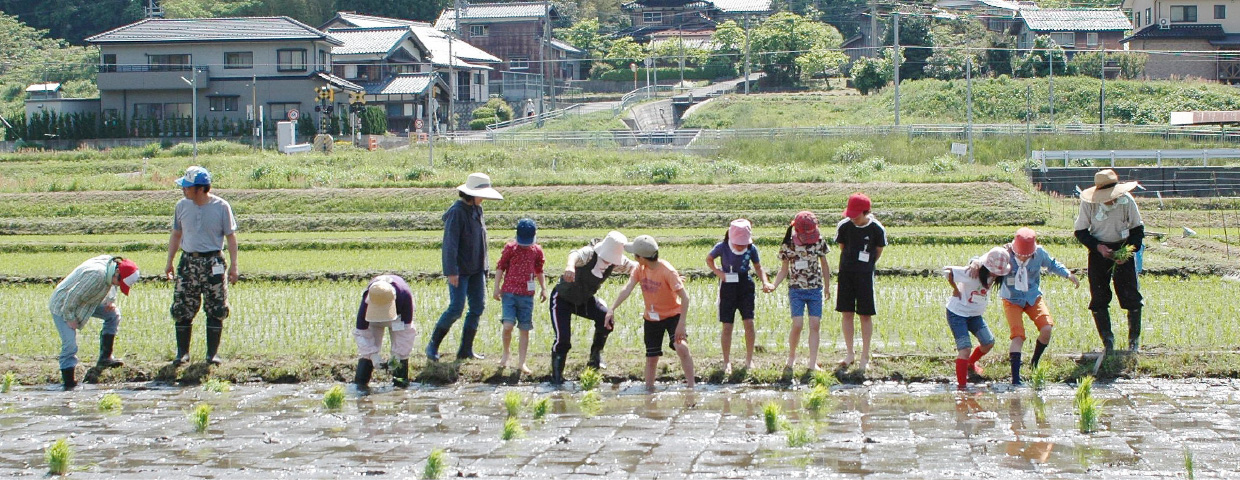A new UNU-IAS Policy Brief provides recommendations on facilitating ecosystem restoration through equitable, inclusive, and sustainable management of landscapes and seascapes. Considering ecological, socio-economic, and cultural dimensions, it offers strategies on integrating restoration policy and practice through participatory multi-stakeholder engagement.
The brief, Landscape Approaches to Ecosystem Restoration: Lessons Learned from Managing Socio-Ecological Production Landscapes & Seascapes, draws from research conducted by UNU-IAS through the International Partnership for the Satoyama Initiative (IPSI). It is authored by Maiko Nishi and Suneetha Subramanian.
Highlights
Landscape approaches help to effectively facilitate ecosystem restoration for the benefit of people and nature, by leveraging Indigenous and local knowledge and enhancing context-specific cooperation between stakeholders. The process of applying landscape approaches to ecosystem restoration should be multi-lateral, iterative, and inclusive. It needs to be navigated by communicating and interacting with stakeholders across different sectors and levels.
Recommendations:
- Start at the landscape or seascape scale to identify and mobilise local resources and capacities for long-term restoration efforts.
- Promote peer learning and knowledge sharing to develop integrated solutions for restoration and sustainable development, and upscale them for broader impact.
- Institutionalise local restoration efforts as part of coherent policies and frameworks to facilitate systemic change in human–nature interactions.
